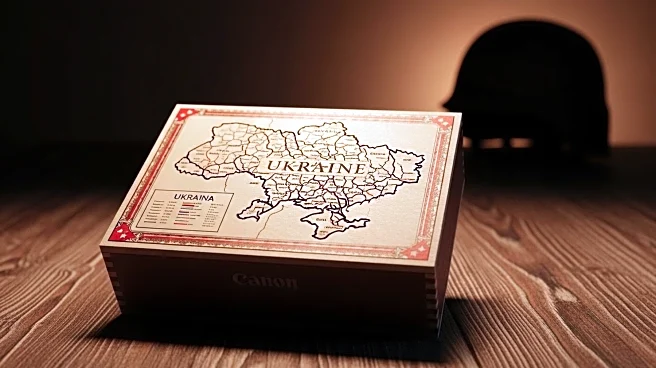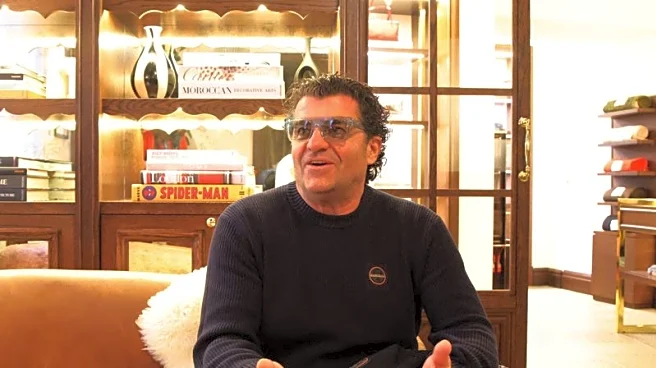What is the story about?
What's Happening?
According to Kyiv's military intelligence agency, at least 20,000 Cuban citizens have traveled to Russia to join the war against Ukraine. Andriy Yusov, a representative of the agency, revealed that both men and women from Cuba are signing contracts with the Russian military, making Cuba the leading supplier of foreign mercenaries to Russia. The average age of these Cuban soldiers is 35, and they are reportedly attracted by the promise of a $2,000 monthly salary, which is significant for impoverished Cubans. However, many are held against their will after their contracts expire, unable to leave. The survival outlook for these mercenaries is grim, with only 39 confirmed deaths, but extrapolations suggest hundreds more have been killed or are missing in action.
Why It's Important?
The recruitment of Cuban mercenaries highlights the economic desperation faced by many in Cuba, driving them to participate in foreign conflicts for financial gain. This development has significant implications for international relations, as it underscores the extent of Russia's efforts to bolster its military forces with foreign fighters. The situation also raises ethical concerns about the exploitation of vulnerable populations for military purposes. Additionally, the involvement of Cuban citizens in the conflict may affect Cuba's diplomatic relations with other countries, particularly those opposed to Russia's actions in Ukraine.
What's Next?
The ongoing recruitment of Cuban mercenaries is likely to continue unless there is significant international intervention or changes in Cuba's economic situation. The Cuban government may face pressure to address the root causes of economic hardship that drive citizens to seek such dangerous opportunities abroad. Meanwhile, the international community may increase scrutiny on Russia's recruitment practices and consider measures to prevent the exploitation of foreign nationals in military conflicts.
Beyond the Headlines
The recruitment of Cuban mercenaries by Russia could lead to long-term shifts in Cuba's societal structure, as families are affected by the loss or absence of loved ones. The situation also raises questions about the legal and ethical responsibilities of countries involved in recruiting foreign fighters, and the potential consequences for international law and human rights.

















